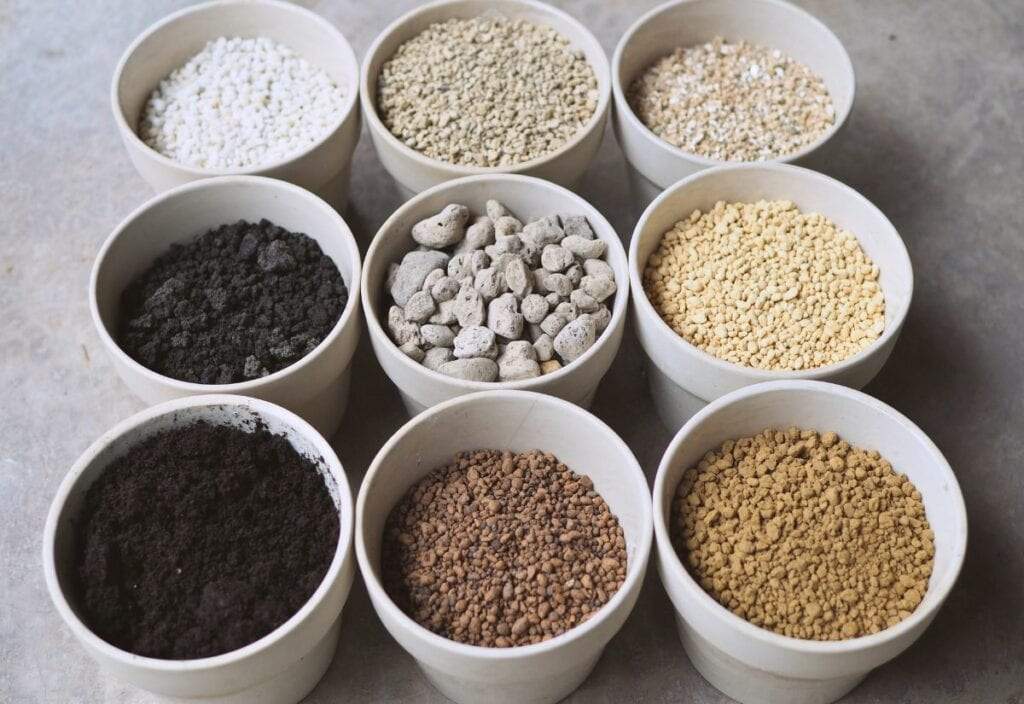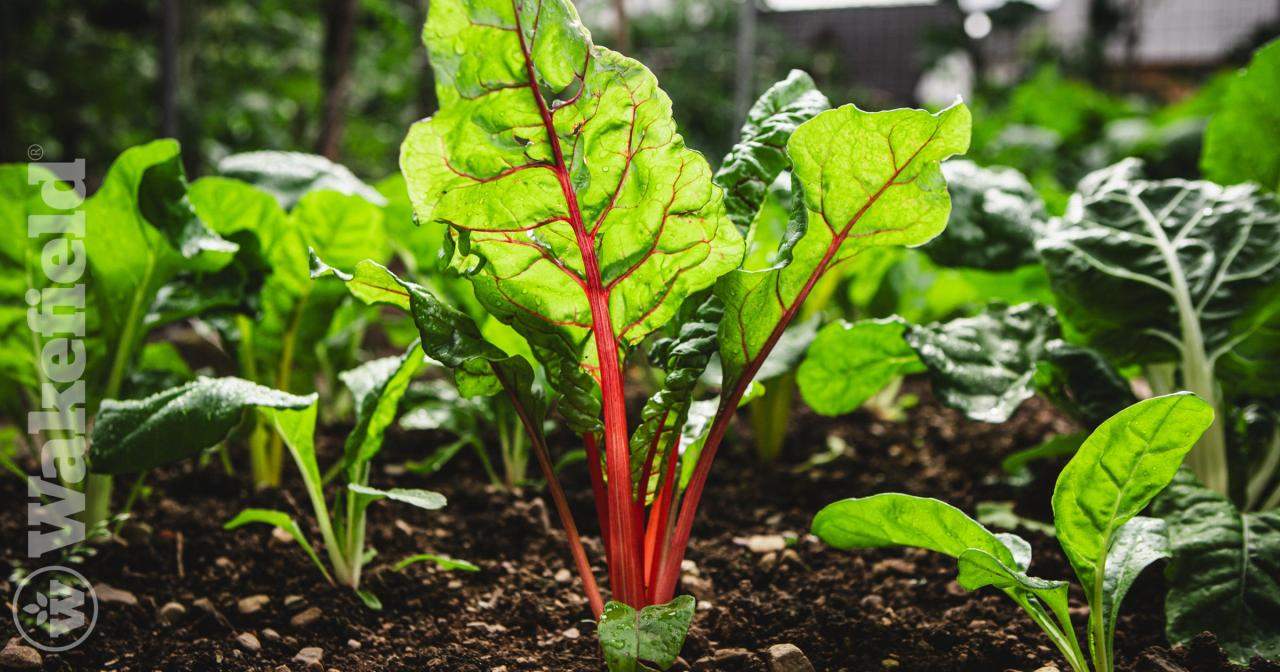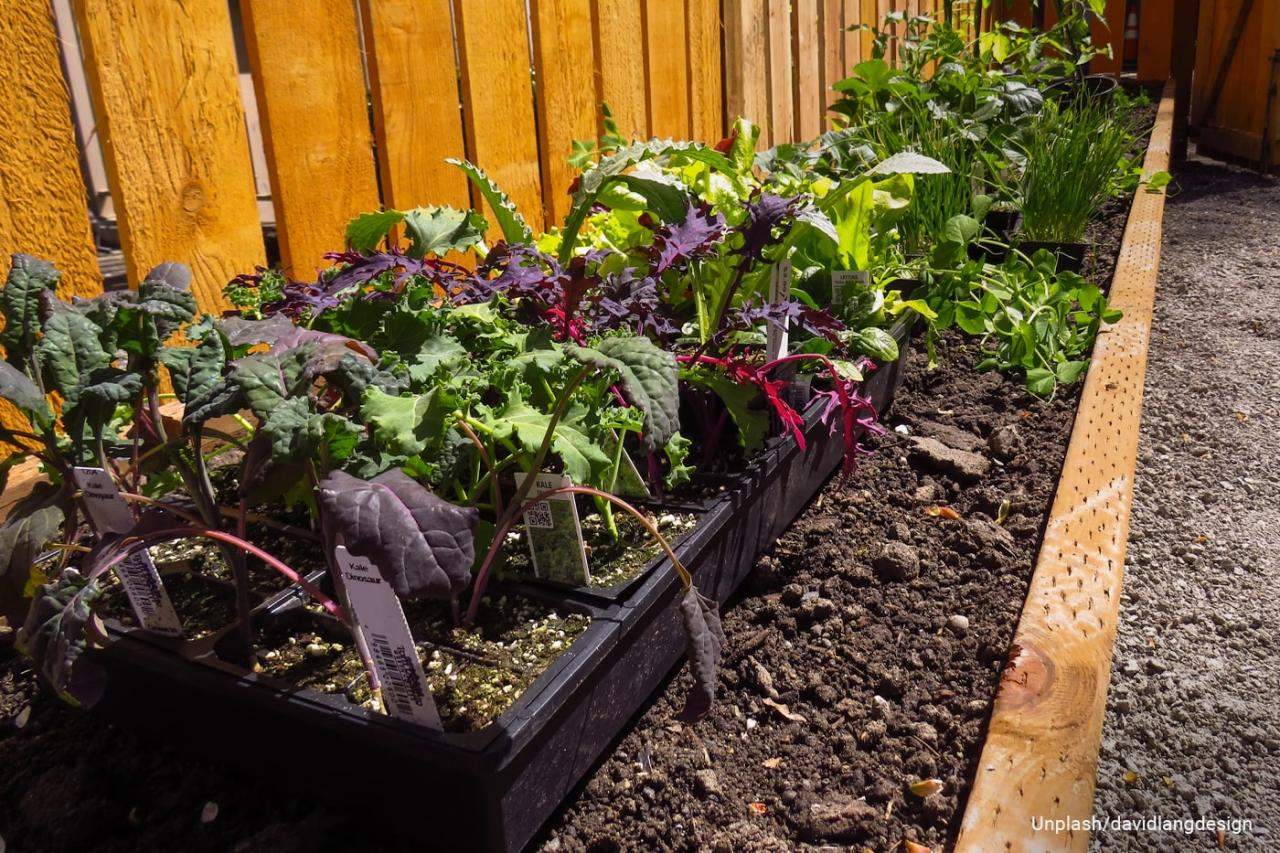Delving into 9 Best Soil Amendments for a Productive Herb Garden, this introduction immerses readers in a unique and compelling narrative, with textbook language style that is both engaging and thought-provoking from the very first sentence.
As we explore the realm of soil amendments for herb gardens, we uncover the key to maximizing productivity and flavor in your herbal oasis. From enriching the soil quality to enhancing nutrient availability, these amendments play a vital role in nurturing your herbs to their fullest potential. Let’s dive into the top 9 soil amendments that will revolutionize your herb garden.
Importance of Soil Amendments: 9 Best Soil Amendments For A Productive Herb Garden

Soil amendments play a crucial role in maintaining a productive herb garden by improving soil quality, enhancing plant growth, and increasing nutrient availability for herbs. By incorporating the right soil amendments, gardeners can create optimal growing conditions for their herbs, leading to healthier plants and better yields.
Improving Soil Quality
Soil amendments such as compost, aged manure, and peat moss can improve soil structure, drainage, and aeration. These amendments help to create a healthy soil environment that promotes root development and water retention, essential for the growth of herbs. Additionally, they can help neutralize pH levels and reduce the risk of soil compaction, ensuring that herbs have access to the nutrients they need to thrive.
Enhancing Plant Growth
Soil amendments provide essential nutrients to plants, promoting healthy growth and development. Organic amendments like compost and worm castings release nutrients slowly over time, providing a sustainable source of food for herbs. This steady nutrient supply can lead to vigorous growth, increased flowering, and improved overall plant health.
Increasing Nutrient Availability
Soil amendments help to make essential nutrients more available to herbs by improving soil structure and microbial activity. Organic matter in soil amendments can attract beneficial microorganisms that break down nutrients and make them easier for plants to absorb. By enhancing nutrient availability, soil amendments ensure that herbs have access to the vitamins, minerals, and trace elements they need to thrive.
Types of Soil Amendments
When it comes to maintaining a productive herb garden, choosing the right soil amendments is crucial. There are various categories of soil amendments that can help improve the overall health and growth of your herbs.
Organic vs. Inorganic Soil Amendments
Organic soil amendments are derived from natural sources such as compost, manure, and plant residues. They provide essential nutrients to the soil and improve its structure over time. On the other hand, inorganic soil amendments are synthetic or manufactured products like perlite, vermiculite, and synthetic fertilizers. While organic amendments are beneficial for long-term soil health and sustainability, inorganic amendments can provide immediate results and targeted nutrient delivery.
Specific Requirements of Herbs and Soil Amendments
- Compost: Rich in organic matter, compost helps improve soil structure and fertility, providing a balanced mix of nutrients for herb growth.
- Manure: High in nitrogen, manure is a great source of nutrients for herbs, promoting healthy leafy growth.
- Perlite: Lightweight and porous, perlite enhances soil aeration and drainage, preventing waterlogging that can harm herb roots.
- Bone Meal: Rich in phosphorus, bone meal supports root development and flowering in herbs, promoting overall plant health.
- Greensand: A natural source of potassium and other trace minerals, greensand helps improve soil structure and nutrient availability for herbs.
- Peat Moss: Acidic in nature, peat moss helps lower soil pH levels, making it ideal for acid-loving herbs like rosemary and thyme.
- Rock Dust: Packed with minerals, rock dust replenishes essential nutrients in the soil, supporting robust herb growth and flavor development.
- Fish Emulsion: A liquid fertilizer rich in nitrogen, fish emulsion provides a quick nutrient boost for herbs, stimulating lush foliage and strong stems.
- Epsom Salt: Magnesium sulfate in Epsom salt promotes chlorophyll production, enhancing herb color and flavor, especially in leafy greens.
Best Soil Amendments for Herb Gardens
In order to ensure a thriving herb garden, it’s crucial to provide the right soil amendments that will promote healthy growth and enhance the flavor of your herbs. Here are the top 9 soil amendments recommended for herb gardens:
1. Compost
Compost is a rich source of organic matter that helps improve soil structure and fertility. It provides essential nutrients to your herbs, promotes beneficial soil microbes, and enhances moisture retention.
2. Worm Castings
Worm castings are a nutrient-rich amendment that boosts soil health and aids in the growth of herbs. They contain beneficial bacteria and enzymes that improve nutrient uptake and overall plant health.
3. Peat Moss
Peat moss is excellent for improving soil structure and moisture retention. It helps create a well-draining environment for herbs while also providing some essential nutrients.
4. Perlite
Perlite is a lightweight amendment that helps improve soil aeration and drainage. It prevents soil compaction, allowing herb roots to grow freely and absorb nutrients more efficiently.
5. Vermiculite
Vermiculite is another lightweight amendment that aids in moisture retention and nutrient absorption. It helps maintain a balanced soil moisture level, crucial for healthy herb growth.
6. Bone Meal
Bone meal is a natural source of phosphorus and calcium, essential nutrients for herb development. It promotes strong root growth and improves overall plant health and flavor.
7. Fish Emulsion
Fish emulsion is a quick-acting organic fertilizer that provides herbs with a boost of nitrogen, phosphorus, and potassium. It supports healthy leafy growth and enhances the flavor of herbs.
8. Epsom Salt
Epsom salt is a great source of magnesium, an essential nutrient for herb plants. It helps improve nutrient uptake, chlorophyll production, and overall plant vitality.
9. Kelp Meal
Kelp meal is a natural source of trace minerals that benefit herb growth and flavor. It enhances nutrient absorption, supports disease resistance, and promotes overall plant vigor.By combining these soil amendments effectively, you can create a nutrient-rich environment that promotes optimal growth, flavor development, and overall health for your herb garden.
Application Methods

When it comes to incorporating soil amendments into your herb garden beds, there are several techniques you can use to ensure the best results. Proper application methods are crucial for the success of your garden, as they can greatly impact the health and productivity of your herbs.
Incorporating Soil Amendments
To ensure proper distribution and mixing of soil amendments, consider the following techniques:
- Topdressing: Apply a thin layer of compost or other organic matter on top of the soil surface. This method helps improve soil structure and provides essential nutrients to your herbs.
- Trenching: Dig a trench around the planting area and fill it with compost or other amendments before planting your herbs. This technique helps create a nutrient-rich zone for your plants’ roots.
- Mixing: Thoroughly mix soil amendments into the existing soil before planting your herbs. This method ensures that the amendments are evenly distributed and readily available to your plants.
Timing and Frequency
It’s important to apply soil amendments at the right time and frequency to maximize their benefits:
- Before planting: Incorporate soil amendments into the soil a few weeks before planting your herbs. This allows time for the amendments to break down and release nutrients for your plants.
- Seasonally: Apply organic matter such as compost or aged manure to your herb garden beds at least once a year to replenish nutrients and improve soil structure.
- As needed: Monitor your herbs for signs of nutrient deficiencies or poor growth, and apply targeted soil amendments accordingly. Regular soil testing can help determine the specific needs of your garden.
Proper mixing and distribution of soil amendments are essential for ensuring that your herbs receive the nutrients they need to thrive.
pH Balance and Soil Amendments
Maintaining the right pH balance in herb gardens is crucial for the overall health and productivity of your plants. The pH level of the soil determines how well plants can absorb nutrients, with most herbs thriving in a slightly acidic to neutral pH range.
The Role of Soil Amendments in Adjusting pH Levels, 9 Best Soil Amendments for a Productive Herb Garden
Certain soil amendments can help in adjusting and stabilizing pH levels to ensure optimal growing conditions for your herbs. Lime is commonly used to raise pH levels in acidic soils, making it more suitable for a wider range of herbs. On the other hand, elemental sulfur can be added to lower pH levels in alkaline soils for herbs that prefer slightly acidic conditions.
- Using Lime: Lime is a popular choice for raising pH levels in acidic soils. It helps neutralize acidity and provides essential calcium for plant growth. Apply lime according to soil test recommendations to avoid over-application.
- Applying Elemental Sulfur: Elemental sulfur is effective in lowering pH levels in alkaline soils. It converts to sulfuric acid in the soil, gradually decreasing alkalinity. Follow soil test results to determine the amount of sulfur needed for your herb garden.
Testing Soil pH and Choosing the Right Amendments
It’s essential to test your soil pH regularly to monitor changes and determine the appropriate soil amendments needed for your herb garden. You can use a soil pH testing kit or send a sample to a lab for more accurate results. Based on the pH test results, choose the right soil amendments to adjust the pH levels accordingly.
Remember to follow the recommended application rates for soil amendments to prevent overcorrection of pH levels, which can harm your herbs.
Concluding Remarks

In conclusion, optimizing your herb garden with the 9 best soil amendments is the ultimate recipe for success. By carefully selecting and combining these amendments, you can create a thriving environment that promotes robust plant growth and delectable flavors in your herbs. Embrace the transformative power of soil amendments and watch your herb garden flourish like never before.




